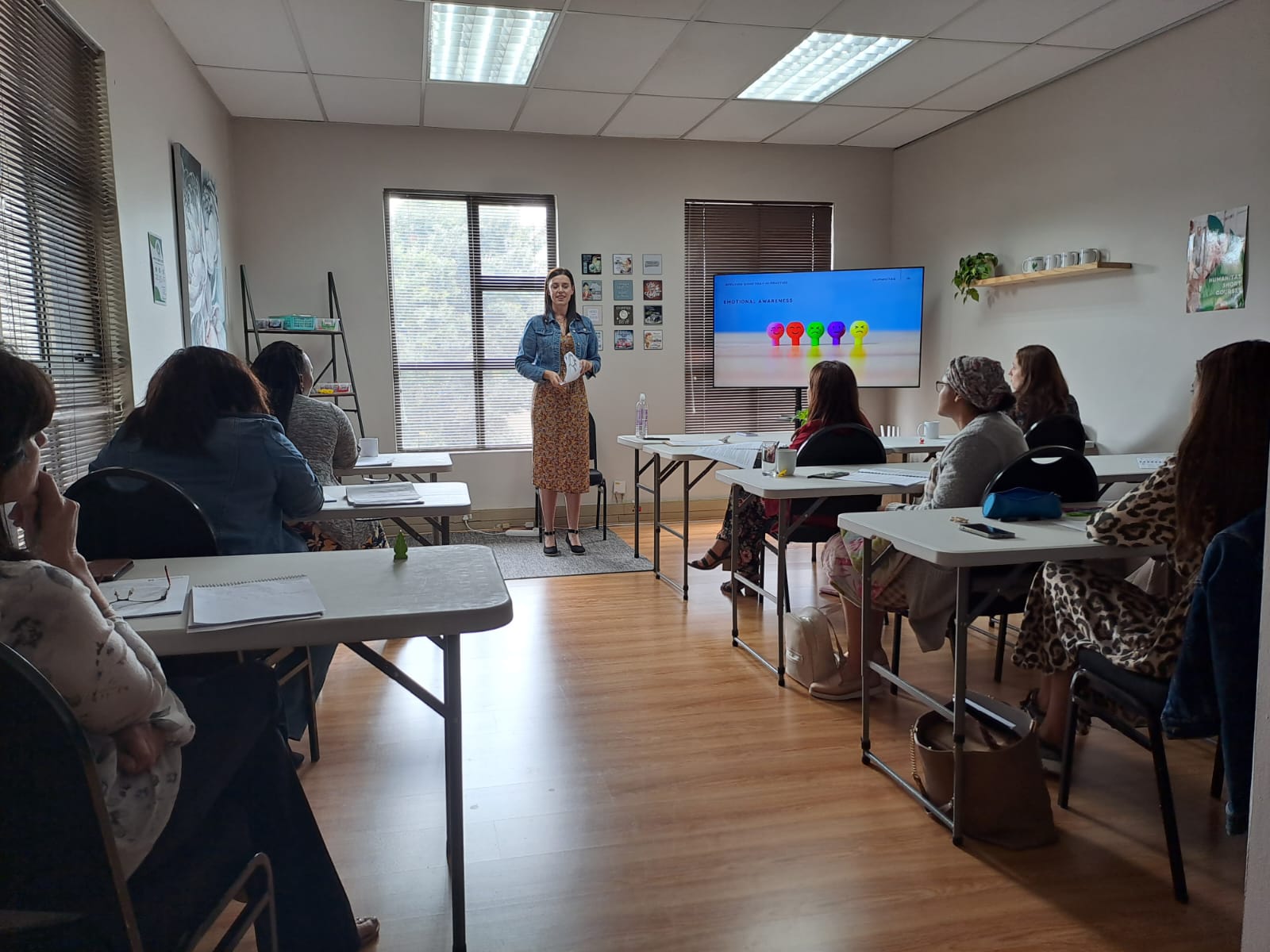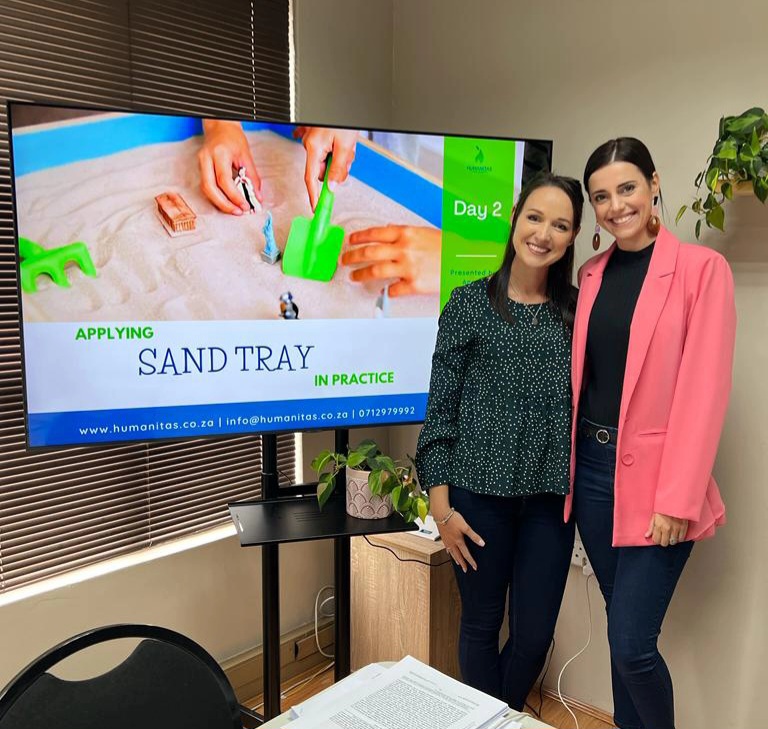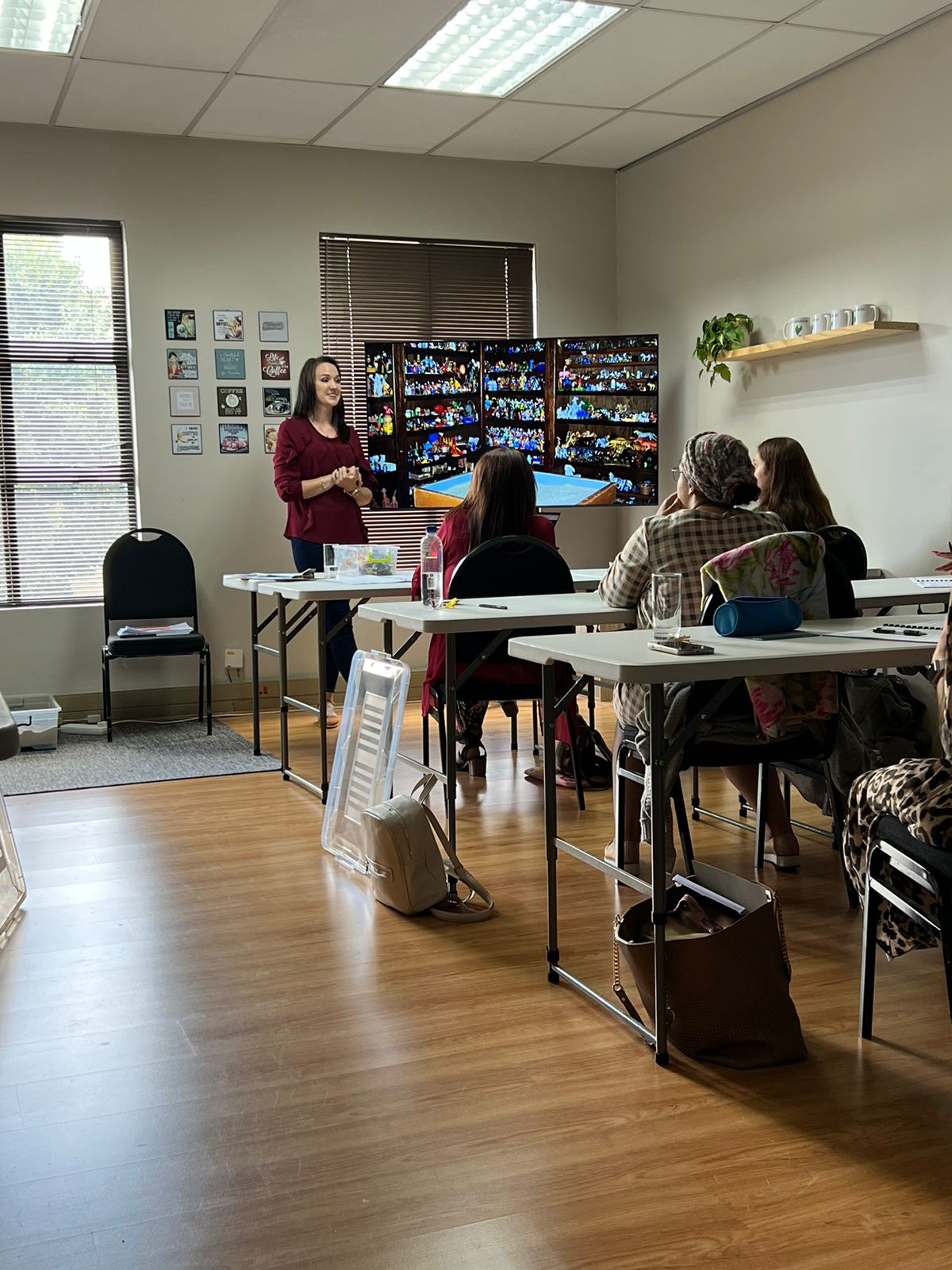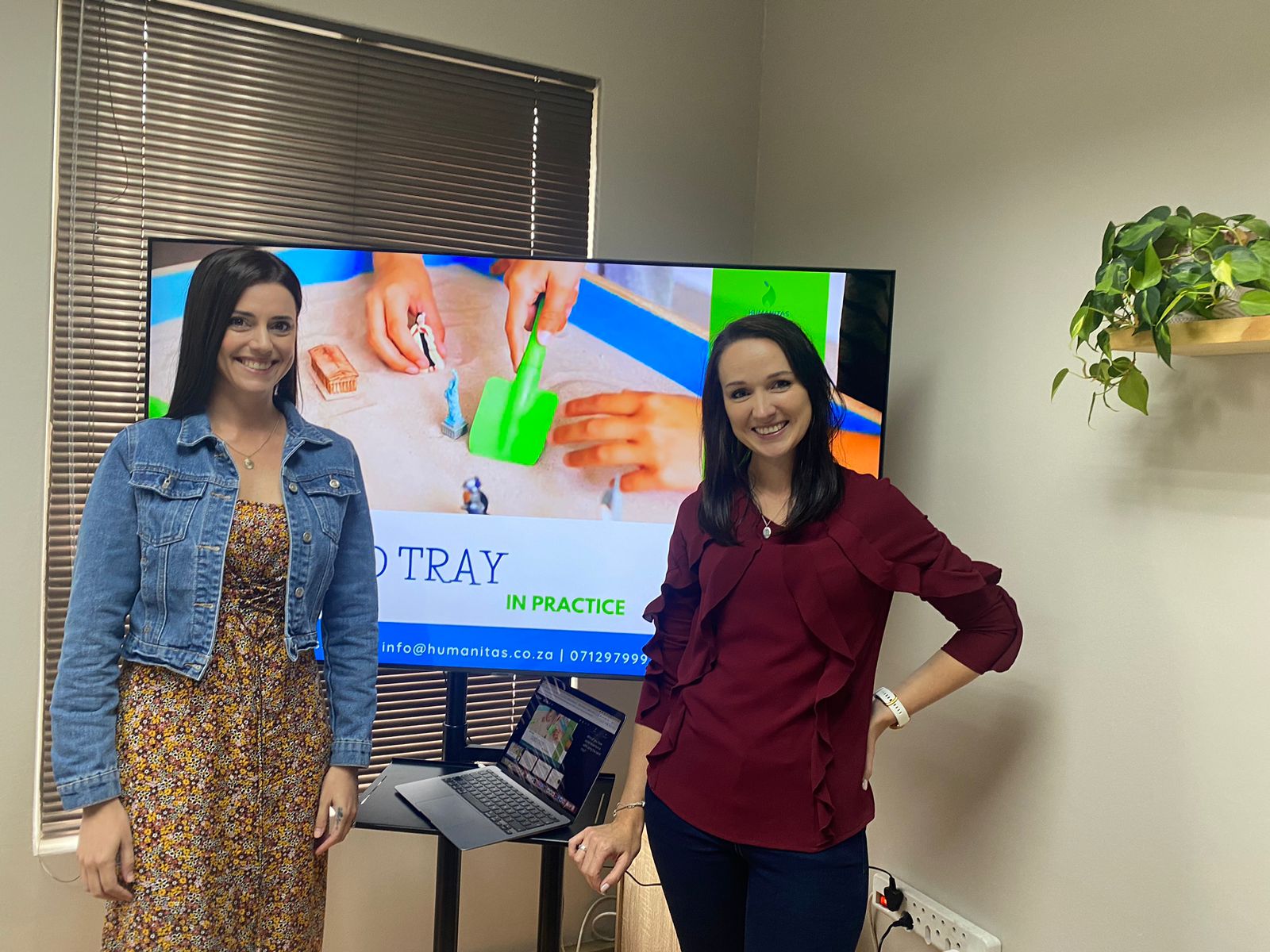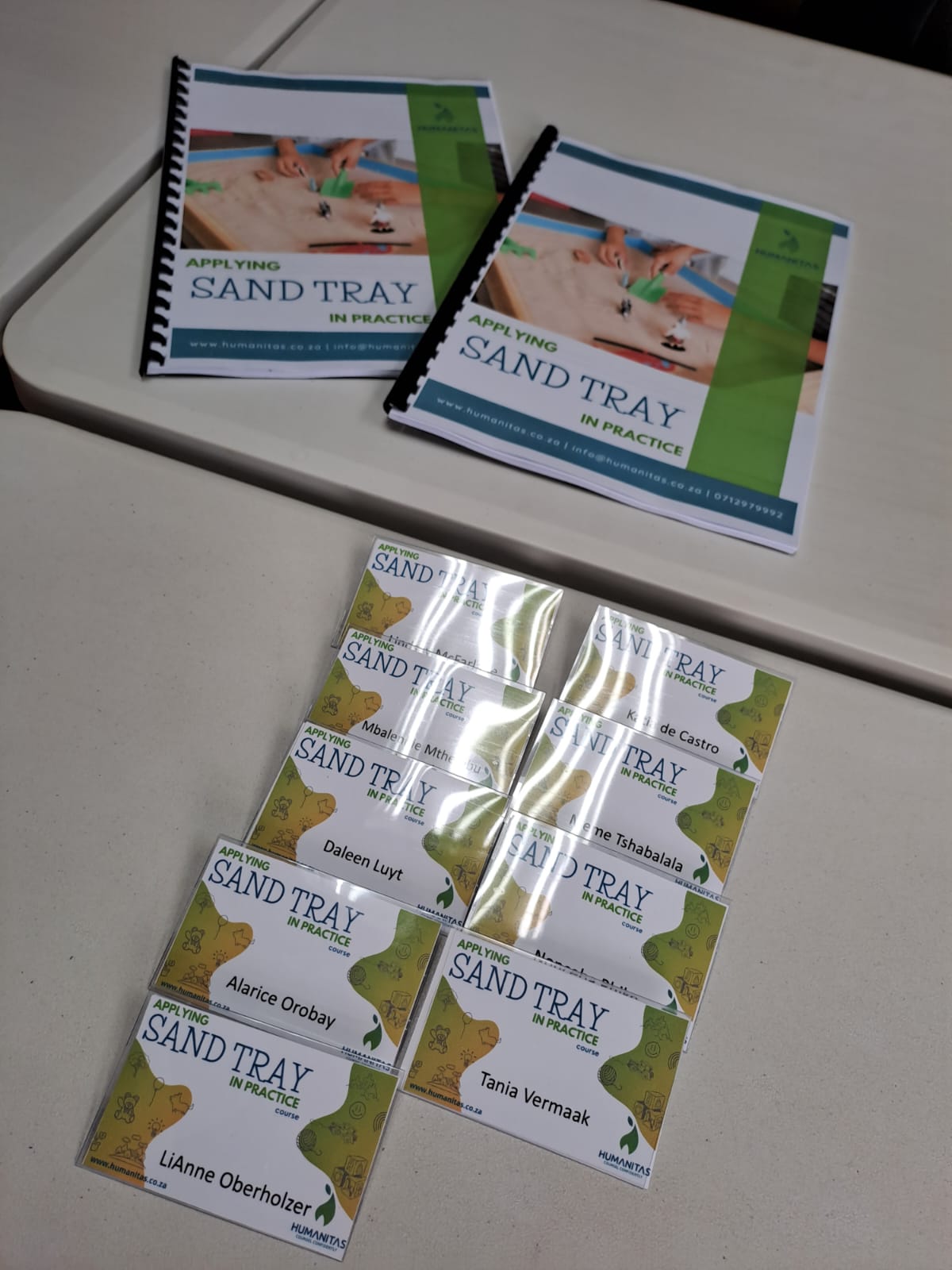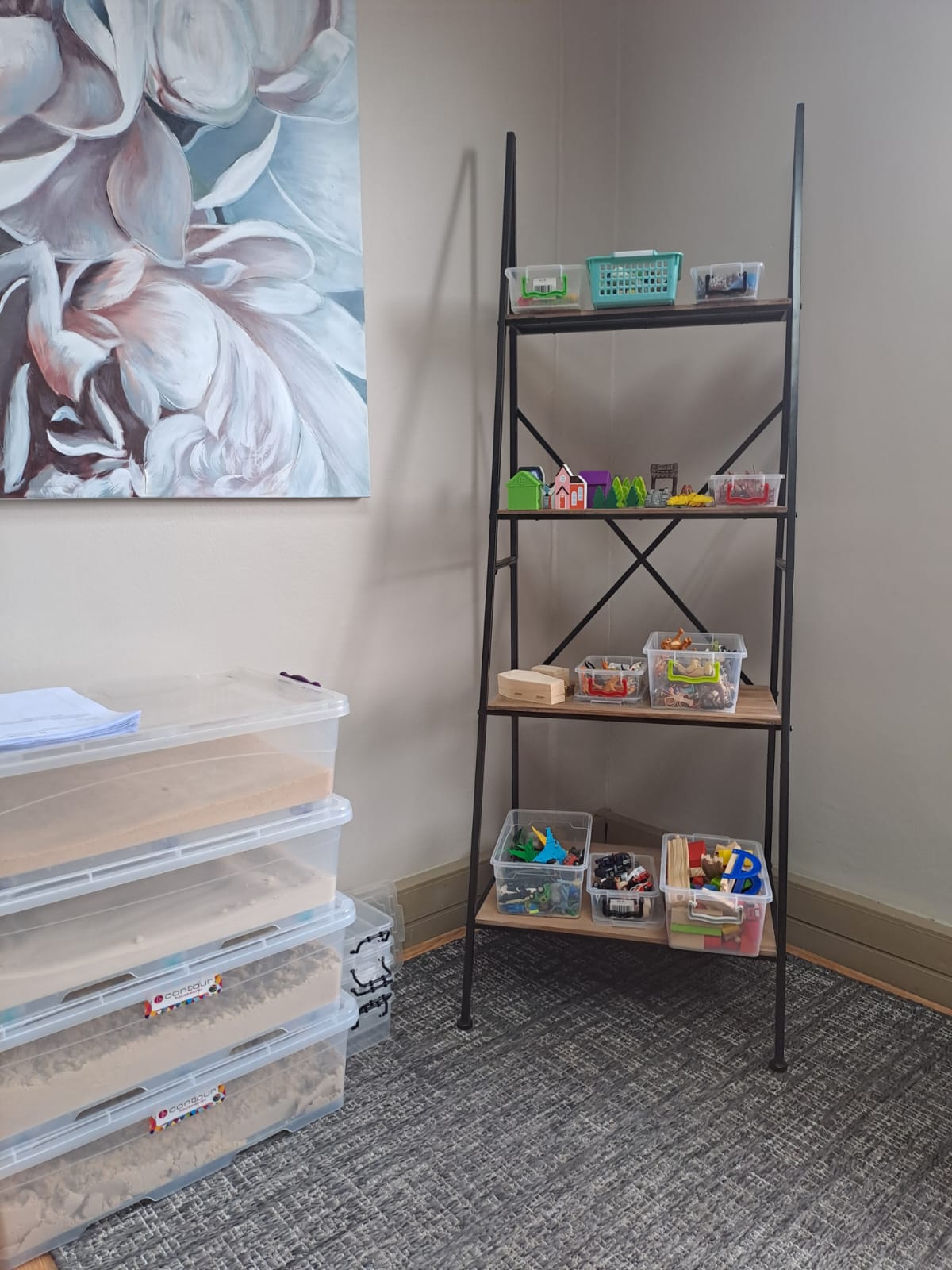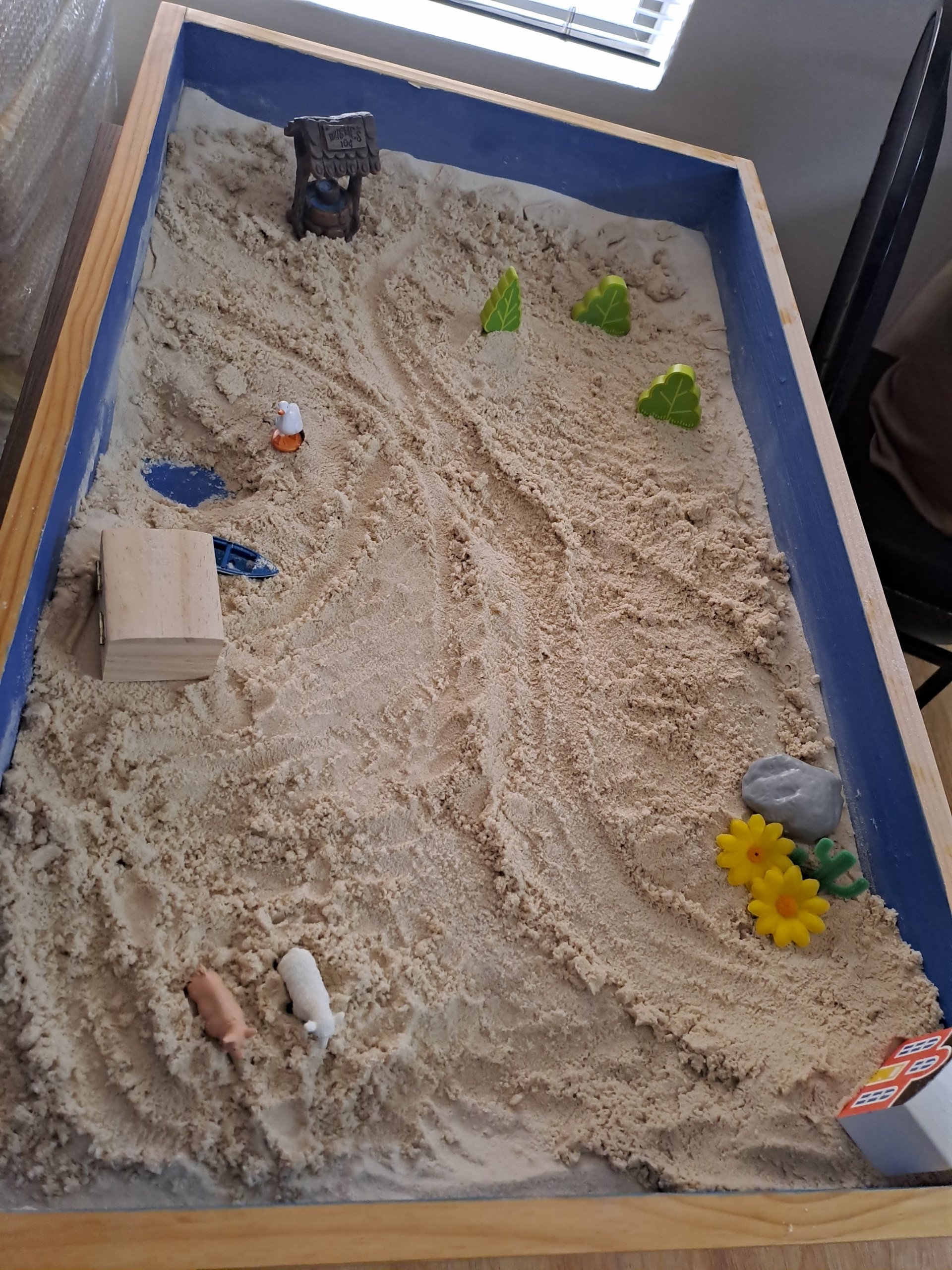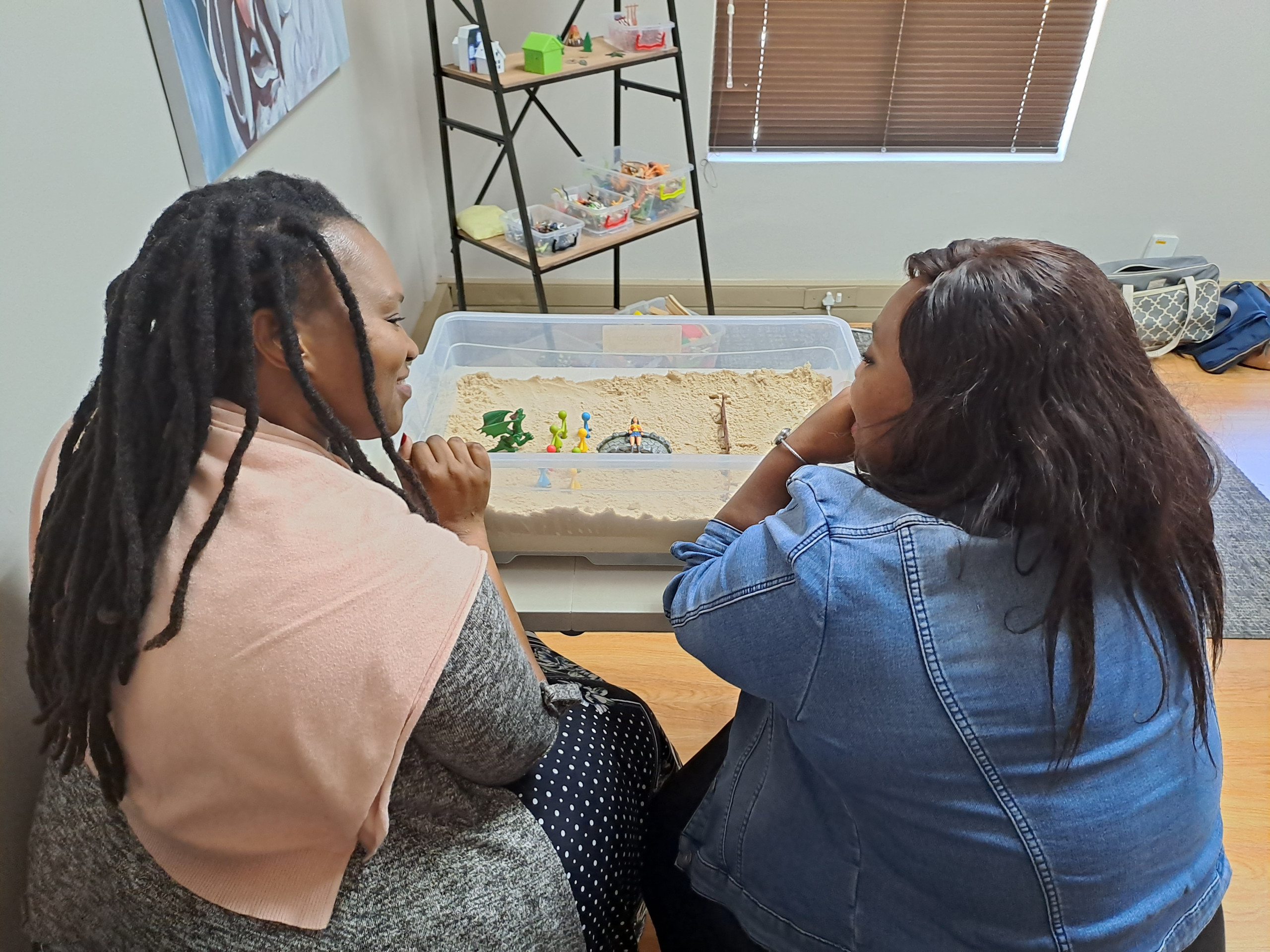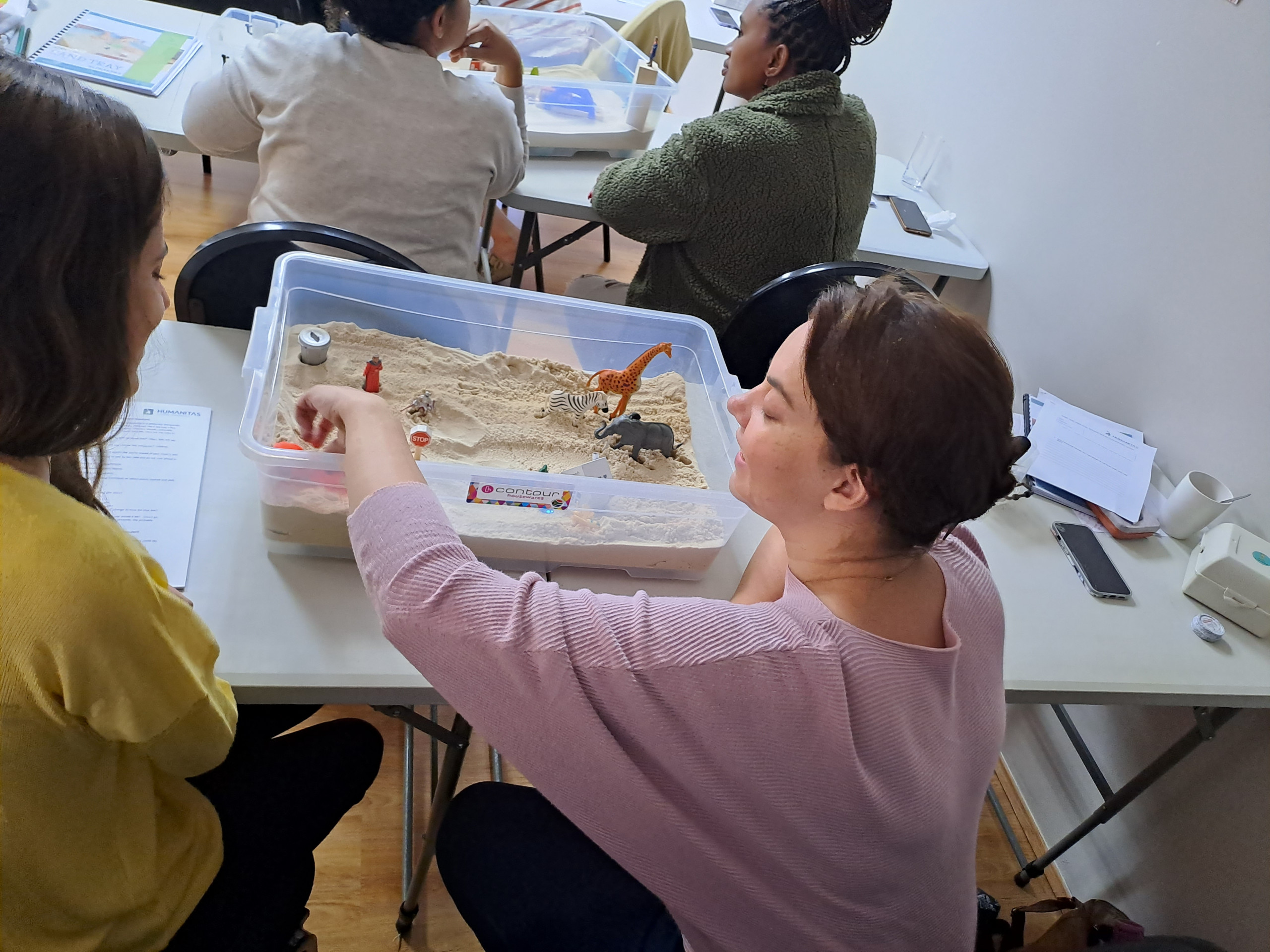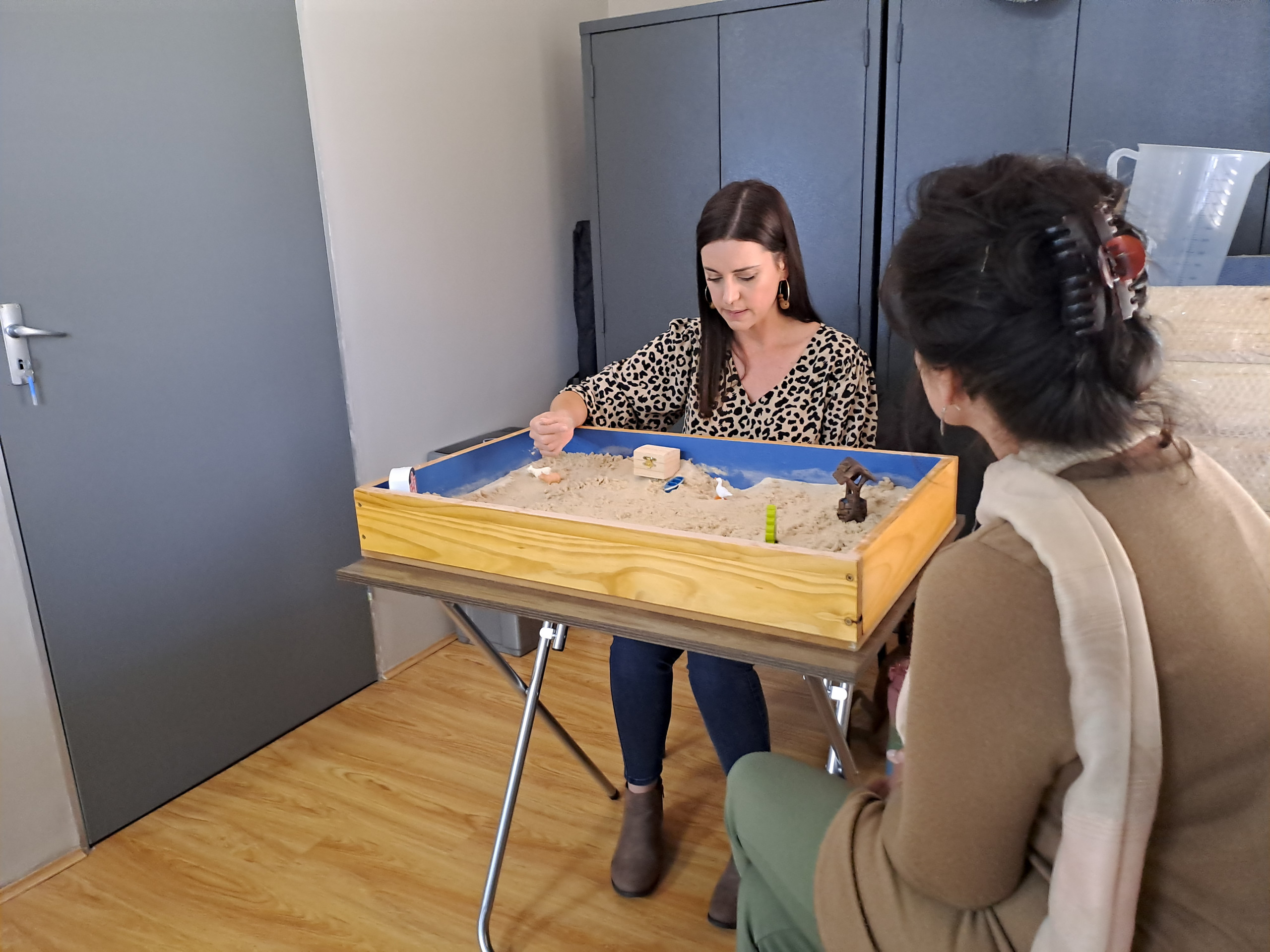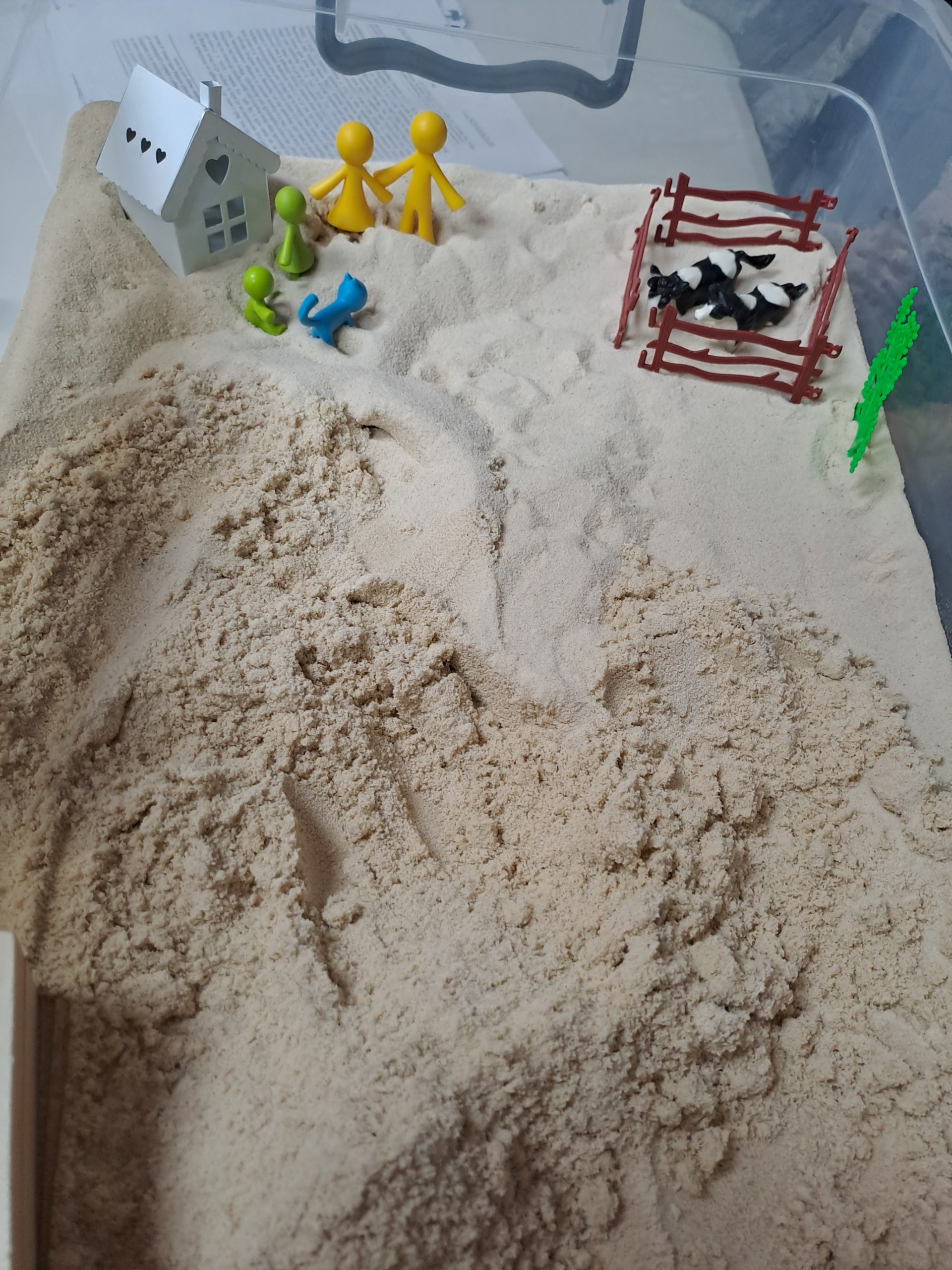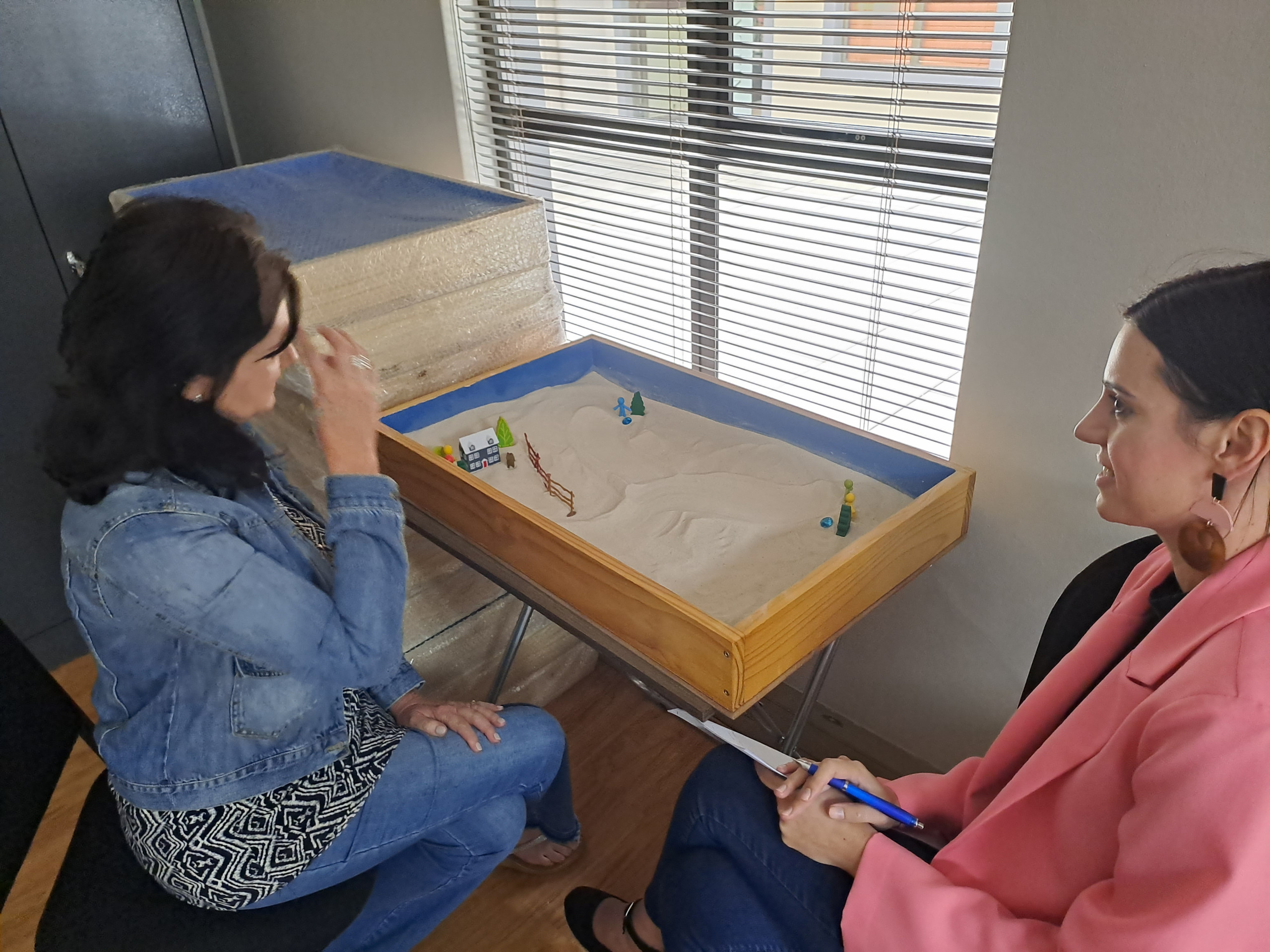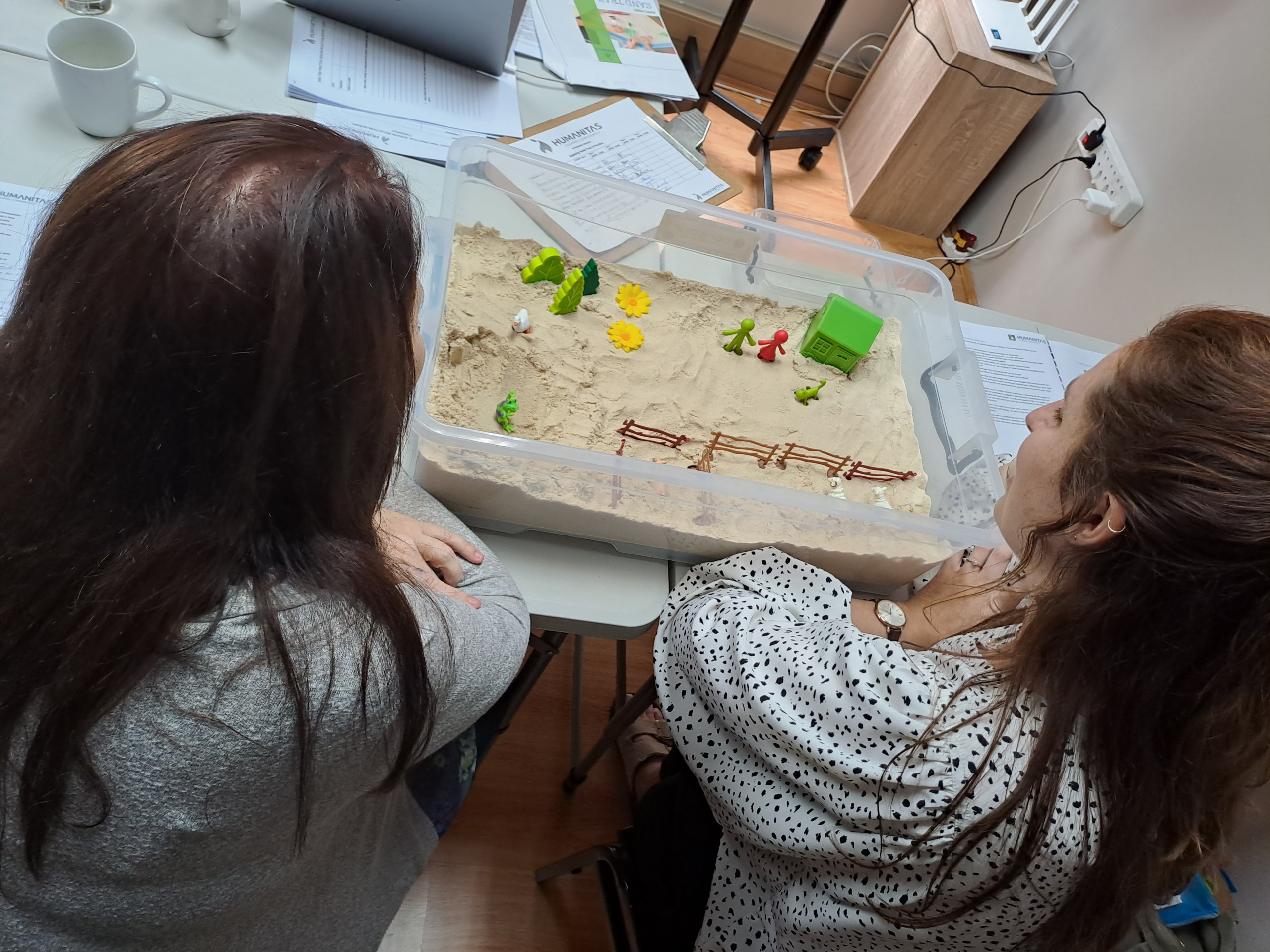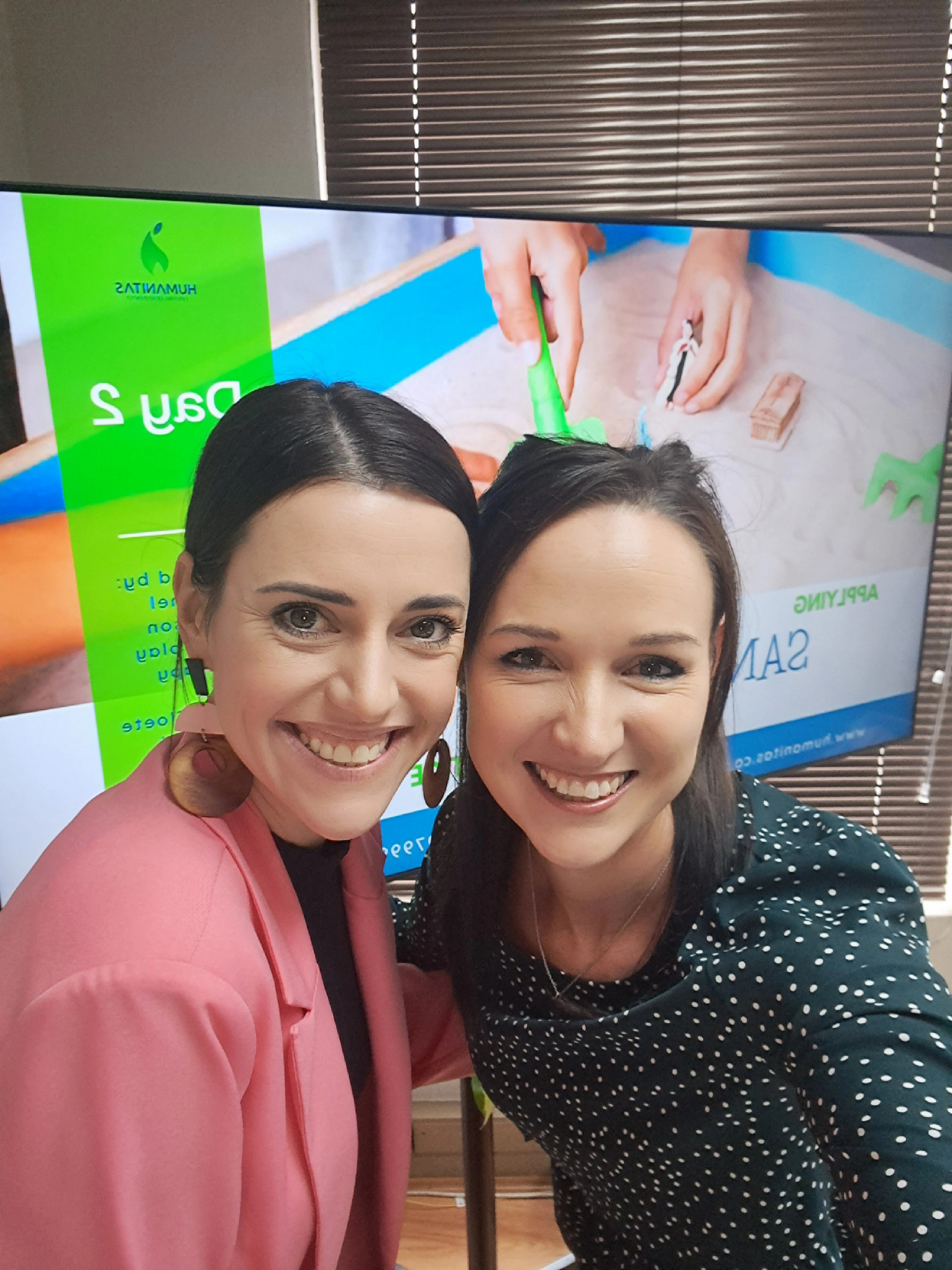When working with children, as well as teenagers, the sand tray as an explorative and projective technique is one amongst the favourites to use.
The Humanitas short course on Sand Tray training will ensure that you have the foundational knowledge, as well as the practical experience to use the sand tray ethically and safely as an intervention method in your practice.
Sand tray is a powerful technique to use and through this course you will be equipped with knowledge on how to use it accurately, safely and ethically whilst inevitably working on your own self-awareness as well.
Basic Course Outline
The course provides a theoretical background, as well as a variety of approaches to sand tray therapy. You will be taught from an integrative perspective; learning how different sand tray theories can be applied to sand tray as a technique. Furthermore, you will be equipped with knowledge on how a sand tray session will look practically and you will be provided with the opportunity to practice knowledge obtained during the course on a practical level.
Please refer to the course breakdown for an extensive overview of topics to be covered.
Overview of Course Content
Overview of course content
- Approaches to sand tray therapy
- Theoretical foundation to sand tray therapy
- Neurobiology behind sand tray therapy
- Practical application of sand tray in therapy (Sand, the sand tray and materials)
- Symbolism during the sand tray
- Themes in the sand tray
- Sand tray therapy with teenagers
- Sand tray with traumatised children
- Ethics & supervision in Sand tray
- Directives in sand tray therapy
Minimum requirements to enroll:
Enrollees must be registered at a professional body (SACSSP, HPCSA, ASCHP) as a wellness counsellor, registered counsellor, psychologist, or social worker.
Disclaimer: This course is offered as a comprehensive program covering various professional fields. However, it remains the student’s responsibility to stay within their scope of practice.




